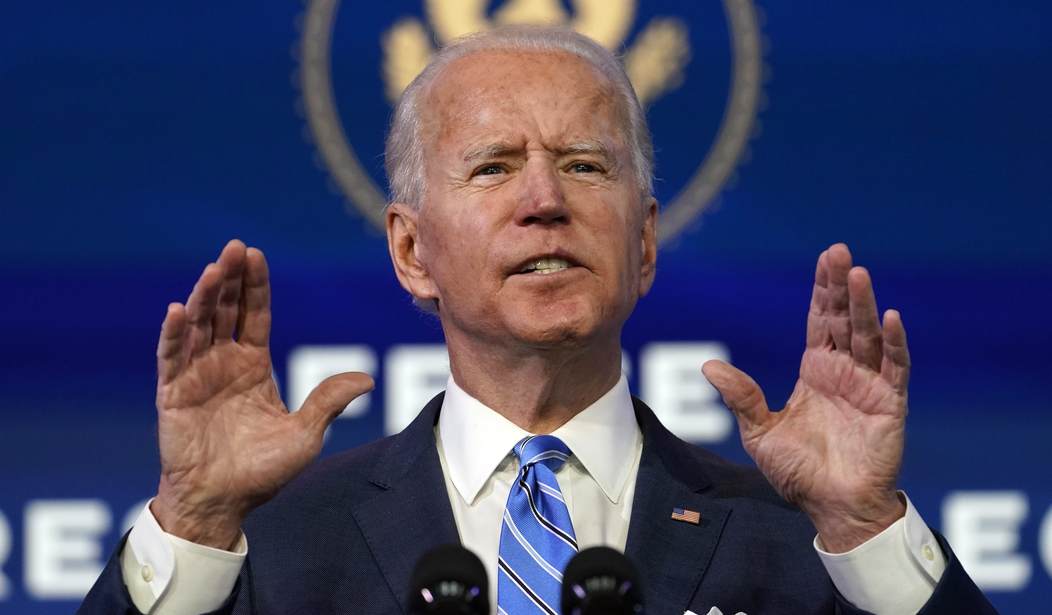What changes could a Biden administration bring to United States international policy on human rights? Commentators have been quick to predict an era of increased international engagement, but what exactly will this entail? If “engagement” means the reallocating billions of U.S. dollars to the United Nations system, the American taxpayer warrants a comprehensive forecast of what is to come.
For starters, plans are underway to refund UNFPA—the UN agency historically defunded by Republican administrations due to links to coercive abortion in China. A return to U.S. financial backing (potentially to the tune of $70 million per year as under President Obama) contradicts Biden’s opposition to certain Chinese human rights abuses. Moreover, just this year, the UNFPA helped send abortion kits to countries that prohibit abortion—a sovereign infringement any U.S. administration should find reprehensible, regardless of its stance on abortion.
Likewise, Biden has indicated that the U.S. will rejoin the World Health Organization on his first day in office. While the exit was initiated by the Trump administration on the basis of alleged Chinese corruption and poor handling of the pandemic, the requisite reforms for a U.S. return have far from materialized. The situation is much the same with the Human Rights Council. The U.S. left with a litany of complaints, which likely will be tackled in the upcoming reform process; but given the body’s persistent problems, it only weakens U.S. influence to go back now.
Perhaps of greatest impact, on the issue of U.S. foreign aid, the Biden administration is expected to revoke the Protecting Life in Global Health Assistance Policy. As a result, billions of U.S. dollars that currently go toward maternal health assistance abroad would be used to promote abortion. U.S. taxpayer dollars would fund abortions in the developing world, including in many countries where the practice is either illegal or heavily restricted. That puts American foreign aid directly at odds with state sovereignty—with U.S. funds going toward coercive and, ultimately, illicit ends.
Recommended
It is imperative that reengagement — meaning simply the refunding and rejoining of entities and activities that regularly violate State sovereignty — not be misconstrued as the grand revival of U.S. leadership. Authentic international human rights leadership demands a profound commitment to protecting governments vulnerable to abuses of sovereignty—a role for which the U.S. is uniquely suited. Sovereignty, after all, should be a nonpartisan American value that we uphold regardless of who is in the White House.
Although several high-profile decisions characterized the Trump administration as working against the international order, unseen was the emphasis the administration placed on a form of multilateral engagement predicated on respect for sovereignty. This effort culminated in the signing of a strong international initiative to affirm sovereignty with respect to protecting unborn life. Galvanizing 34 signatory governments for the Geneva Consensus Declaration was no small feat, and signals that multilateralism was in fact alive and well over the past four years.
Rather than working against multilateralism, sovereignty is a prerequisite for it. Despite evident differences in policy positions, a Biden administration would do well to continue this approach to international engagement. Renewed fervor for the international system should not obfuscate American commitment to authentic human rights, as held out by the Universal Declaration of Human Rights and subsequent international treaties. For example, the Biden administration should hold the UN accountable to a neutral position on abortion out of respect for the laws of other countries. Because governments are in no way obligated to legalize abortion under international law, the U.S. should prioritize its commitment to sovereignty rather than defer to the preferences of a political party.
Renewed international engagement does not justify the U.S. backing faux “rights” not supported by international consensus. Interference in areas that fall squarely within governments’ domestic jurisdictions positions the U.S. as an aggressor, rather than promoter, of the international system. Real leadership must transcend mere engagement to ensure a focus on authentic human rights. Without a correspondent respect for sovereignty, any attempts to re-engage will squander resources and trample freedoms.
Elyssa Koren is the director of United Nations advocacy in New York City for ADF International. Elyssa can be found on Twitter: @Elyssa_ADFIntl

























Join the conversation as a VIP Member